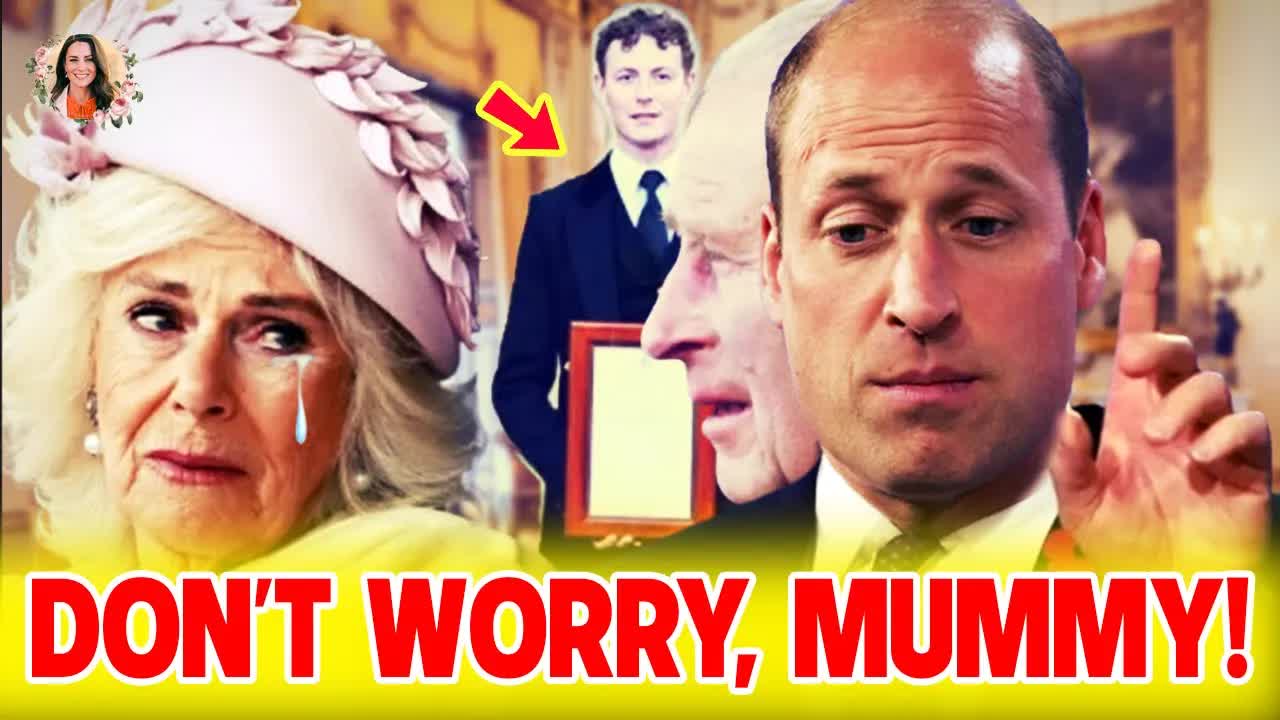Must Read
Royal Dynamics: Navigating the Future of the British Monarchy
The royal family is once again making headlines, particularly with Princess Catherine of Wales and her immediate circle.
Recent reports indicate a strengthening bond between King Charles III and Prince William, while tensions seem to be lessening with Prince Harry.
Yet, the focus today shifts to the implications of William's future decisions and the evolving role of Queen Camilla as they navigate the uncharted waters of monarchy.
Prince William has made it abundantly clear that, despite his unwavering support for his father during these tumultuous times, he feels unprepared to shoulder the full responsibilities of the crown just yet.
This revelation has undoubtedly weighed heavily on King Charles, who has dedicated over seven decades preparing for his role as monarch, finally taking the throne in 2022.
The British monarchy is unique in that there's never a moment when the throne is unoccupied; upon the death of one monarch, their successor immediately ascends, barring abdication or the monarchy's dissolution.
As the heir apparent, William will eventually inherit the duties of the crown, creating a complex dynamic within the royal family.
Meanwhile, Queen Camilla, who has been a stabilizing force alongside King Charles, now faces an uncertain future.
The prospect of becoming a lesser figure during her stepson's reign looms large, raising questions about her influence and role within the monarchy.
Reports suggest that Camilla is feeling particularly anxious about being sidelined as William forges his own path.
If she survives Charles, her title would shift from Queen Consort to Queen Dowager, a designation that lacks a clearly defined role.
While she may continue her charitable work and attend royal events as invited, the extent of her involvement will ultimately rest in William's hands.
The tension is palpable as Camilla contemplates her potential fate, fearing she may become a mere footnote in royal history rather than a significant player in its future.
Her previously confident demeanor is now tinged with vulnerability and uncertainty about her place in the changing monarchy landscape.
Interestingly, because Camilla is not William's biological mother, she is unlikely to be referred to as Queen Mother.
Instead, she will probably be known officially as Queen Dowager, though informally she may still carry the title of Queen Camilla.
This distinction highlights the nuanced nature of royal titles and roles.
In a more personal vein, William's recognition of Harry on his birthday signals how he might approach their relationship when he assumes the throne.
While it reflects a degree of respect, it also underscores a distance that remains between the brothers.
Reports indicate that Harry and Charles may have spoken by phone on that day, following previous conversations, but the relationship between Harry and William remains strained.
The divide between the siblings was starkly illustrated recently when they found themselves in the same church for their uncle's funeral yet did not exchange a word.
As the Duke and Duchess of Sussex embark on a busy year filled with new Netflix projects, brand launches, and public appearances, royal insiders have characterized their constant output as chaotic.
Despite some analysts suggesting that Harry's support could foster a brotherly bond, there are those who believe that William's own tumultuous year leaves little room for a reunion.
The strain is further compounded by the ongoing health battles faced by both the king and the now cancer-free Princess of Wales, which have placed immense pressure on the future monarch.
As the royal family navigates these complex dynamics, the interplay of relationships, titles, and responsibilities will undoubtedly shape the future of the British monarchy.
Each decision made by William will reverberate through the palace, impacting not only his relationship with his family but also the public's perception of the royal institution.




















